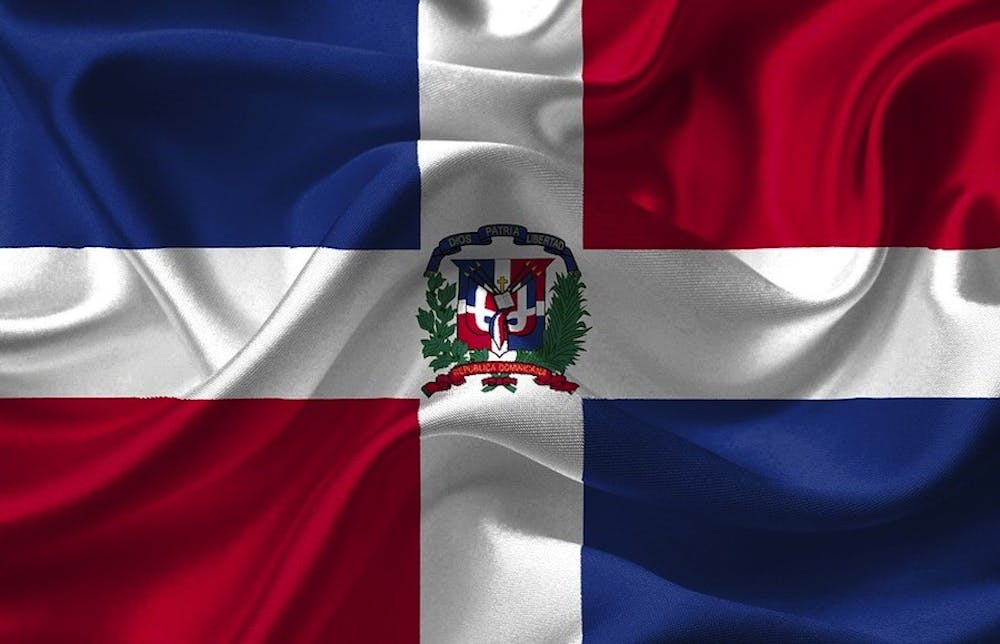TO THE EDITOR:
Many people believe that the prerequisite to enjoying human rights is to be human. But this isn't the case -- those rights are not delivered and protected on the basis of being a person, but rather being a citizen.
When citizenship is stripped because of racial, ethnic, gendered or religious motives, a person finds themselves stateless: officially unrecognized by any state or nation.
Precluded from registering children at birth, enrolling in schools and universities, participating in the formal economy or traveling without the risk of deportation, the stateless live as "ghost citizens" in their communities.
This phenomenon is unfolding in the Dominican Republic, to Haitian descendants. Prior to a landmark court case in 2013, anyone born on Dominican soil was considered a citizen. Now, due to a racially-charged ruling that wiped away a citizenship clause in their constitution, hundreds of thousands of Dominican-born Haitian descendants are left stateless.
Throughout my Latin American studies capstone, I've been researching the implications of this case by examining how the population is belittled by both their own government and third-party organizations.
But I write to The Student today for a reason other than sharing my findings.
At the conclusion of my essay, I wanted to include recommendations for potential positive action to approach what's happening in the Dominican Republic.
I was at a loss. What can we do to draw attention to this human rights violation, or any issue that someone feels passionate about, in a meaningful way?
Over the course of my research, countless articles had links to online petitions that were open to the public to "sign" (e-submit a name).
This type of online-activism has come to be known as "slacktivism" -- a lazy way to make yourself feel as though you're making a difference. Thousands submit their name, maybe share the link on Facebook and don't think twice about the issue after that.
But isn't it better than nothing?
I would argue it is. However, my letter today serves the purpose of urging my fellow peers to think more critically about their online activism, if that's how they choose to participate in the broader discussion.
Sign the petition, even share it -- but attempt to start a conversation, too. Reach out directly to friends, family and professors. See what their thoughts are. Do a follow-up with the organization offering the petition: how many signatures does it need? Who will it be sent to? When? Start a club and brainstorm with other people that are interested in the topic.
As both a student of Miami University and a member of the Oxford community, I'm thankful to be surrounded by such intelligent people that challenge my ideas and perceptions. The Miami Student is one of the great vehicles of information and opinion that we have access to, and I hope that it will continue to be utilized as a catalyst for discussion.
We certainly won't solve all the world's problems, but we can expand our horizons and learn so much more from each other just by engaging critically and taking our article-sharing habits one step further.
Megan Square
squarema@miamioh.edu

